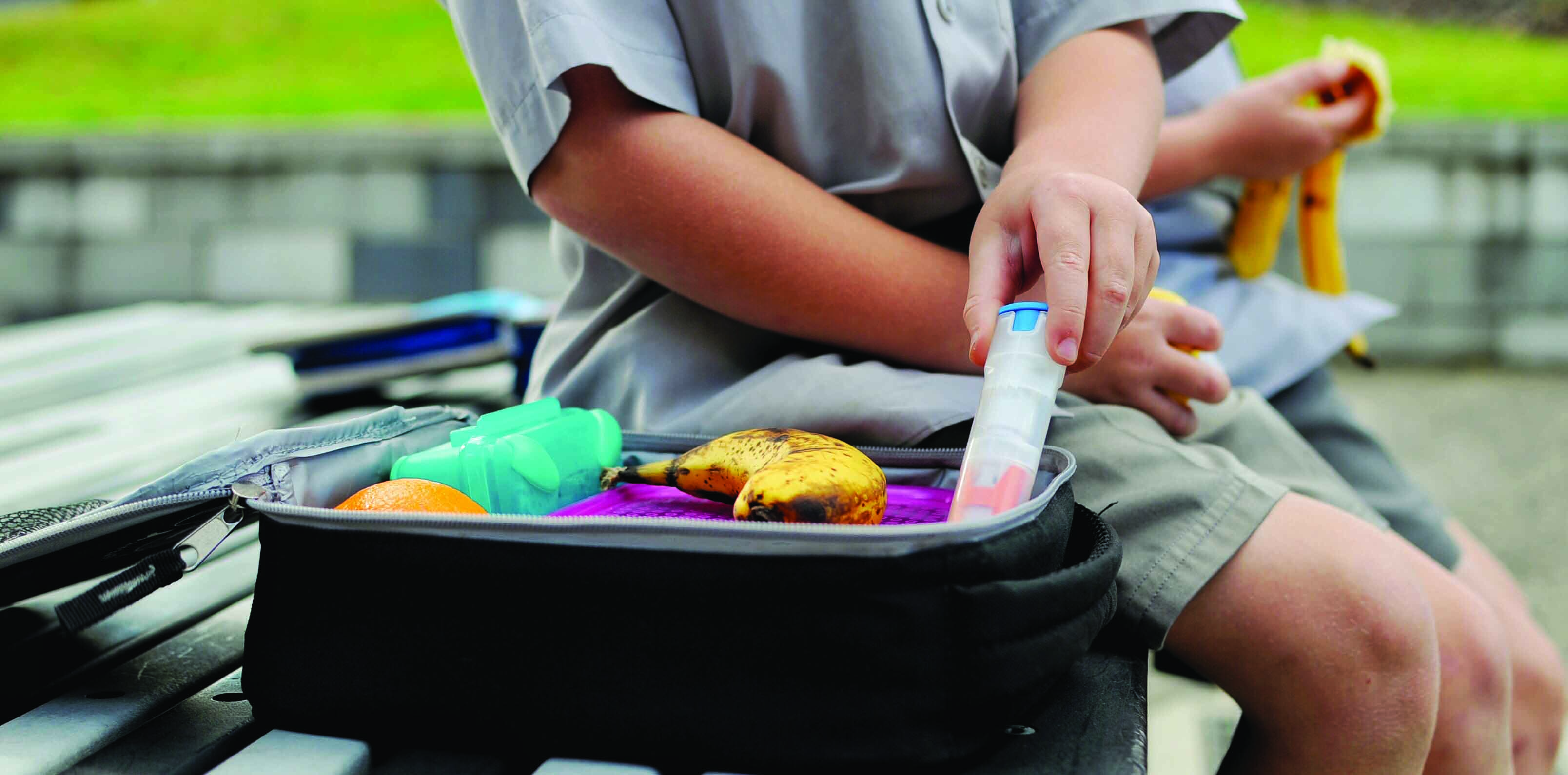Parents are being told to use recently expired EpiPens in an emergency as another supply shortage strikes
Parents will struggle to buy more than one paediatric EpiPen for their child over the next couple of months, with the TGA saying the shortage is “critical” for patients requiring the devices.
The shortage will only affect the EpiPen Jr (0.15mg) device, prescribed for children between 7.5kg to 20kg, with the TGA announcing last week that the adult dose was still widely available.
The Australian supplier of the device, Mylan, said a manufacturing delay at its US factory was to blame for the shortage.
Mylan has also told pharmacies to limit the dispensing of EpiPen Jr autoinjectors to one per patient.
This advice conflicts with how doctors prescribe EpiPens to patients, with most scripts requesting at least two devices, especially for those newly diagnosed with severe allergies.
“In the last EpiPen shortage there was still some supply, but we were unable to get access to it through normal supply chains,” Dr Gregory Kossena (PhD), pharmacist and managing partner of Cowes Pharmacy in Victoria, said.
The last EpiPen shortage, in late 2017, was expected to be resolved during 2018 but continued until the beginning of 2019.
“It will be the same scenario with the junior EpiPen, we won’t be able to supply it to patients as we normally would. We won’t have it on the shelf or readily accessible,” Dr Kossena said.
While a normal supply is expected after January 31 next year, Mylan said any patient requiring an EpiPen Jr should contact their local pharmacy in advance.
“Pharmacies can then contact the Mylan customer support team to obtain instructions on how to access emergency supply,” Mylan said in a media statement.
In the interim, the Australasian Society of Clinical Immunology and Allergy (ASCIA), said patients should not discard recently expired adrenaline autoinjectors, and while not ideal, could use them in an anaphylaxis emergency, if they were the only EpiPen available.
“We generally tell people that if you only have access to an expired EpiPen, it’s better than nothing at all,” Dr Kossena said.
But how long after expiry can patients rely on the efficacy of the device?
According to ASCIA’s guidelines, the shelf life of adrenaline autoinjectors is up to two years from the date of manufacture. But studies have shown if the adrenaline has been stored away from heat and direct sunlight, it is more likely to remain effective for a couple of months after expiry.
Parents are encouraged to assess the quality of adrenaline in recently expired autoinjectors by looking through the clear window near the tip of the device.
If the adrenaline is discoloured or contains sediment, the device may be less effective, and should not be used.


